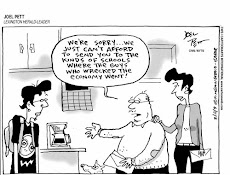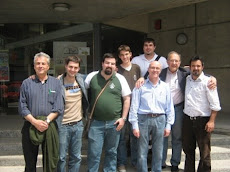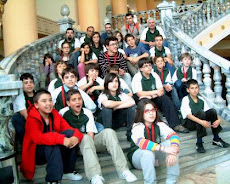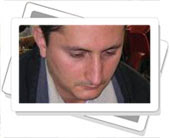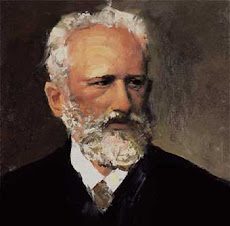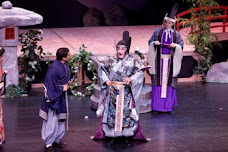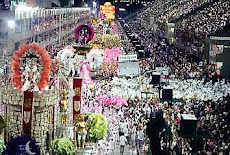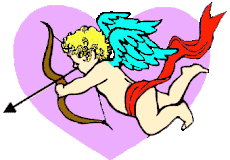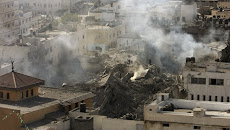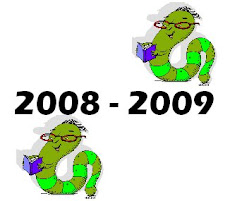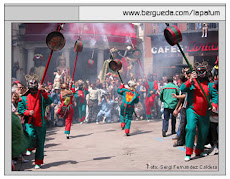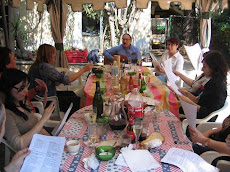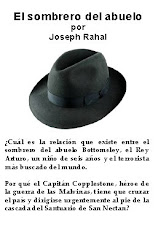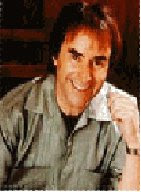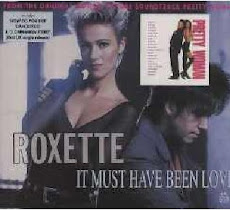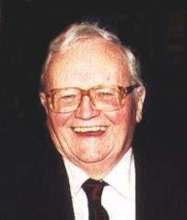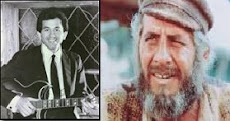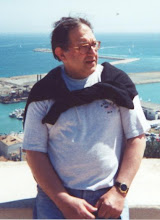22/03/2008
EASTER
My mother would boil some eggs. When the hard-boiled eggs were completely cold, my brother, my four sisters and I, and occasionally some friends, would get down to the seemingly impossible task of converting the dull, inanimate shells into miniature masterpieces. We used food colouring, mainly, which we carefully applied with cotton wool and brushes.
Our creations usually consisted of heads: bald heads, funny heads, sad faces, animal heads, etc. We did, however, produce the odd ship or farmhouse.
When the paint was dry, we would rub the egg with oil to make it shine and protect the paint.
On Easter Sunday, during lunch, the eggs were judged by our parents and relatives and the winner of the painting competition was allowed to keep the winning example. This was followed by the "egg tapping" game. The rest of the eggs were shared out and each player hit another player's egg with his/her own egg. The winner was the holder of the last intact egg. The losers got to eat their eggs while the winner of the game was also allowed to keep his/her egg.
I don't think I ever won a single egg painting competition.... but I did manage to eat dozens of colourful eggs!
13/03/2008
CHESS
For those interested in this game here are the English names for the pieces:
Pawn = Peón
Rook = Torre
Knight = Caballo
Bishop = Alfíl
Queen = Dama
King = Rey
To check is Dar jaque.
Check mate is jaque mate.
Resign is abandonar
Offer a draw is ofrecer tablas.
To draw is hacer tablas.
From time to time I shall include short articles with some more vocabulary.
Interesting chess links:
This one's my son Michael's. It contains a number of recommended chess sites - http://mikerahal.blogspot.com/
The Catalan Federation -
http://www.escacs.cat/
SPEAKING (First Certificate Exam and Higher)
You can of course play safe and use the standard "In my opinion" or "I think", etc.
But, how about being a little bit more daring and stun you listener with "If I were to hazard a guess, I'd say that...", or "From a purely personal point of view, I'd say that...".
Try "It's quite evident that..." or "It seems perfectly obvious that..." when the answer is quite clear.
When in doubt, you could venture :"I could be wrong, of course, but I'd say that...".
When absolutely certain of what you are looking at: "Well, I'd be prepared to bet my last farthing that..."
NOTE:
Speaking, contrary to popular belief, is not an intellectual activity. It's entirely Physical. It requires coordination between brain and vocal chords. Your brain sends a message to your vocal chords and they, in turn, perform the action. As in all other physical exercises, perfection requires practice. It's not enough to "KNOW" what you have to say, you ACTUALLY HAVE TO SAY IT...... AND SAY IT WELL!
Which means Plenty of REPETITION - Listen... and then Repeat.
REPEAT to improve your pronunciation.
REPEAT to improve intonation (Rythm and stress).
REPEAT to improve fluency.
07/03/2008
ADJECTIVES - and their position
General Information (specially for beginners)
Adjectives are invariable, i.e. they do not change according to the gender and do not take the plural (eg. A young boy, a young girl, young boys, young girls)
Adjectives are usually placed before the noun they describe (eg. A big town), but they can also go after certain verbs (eg. This town is big).
Position of Adjectives
When more than one adjective is used, the order in which you place them is important. Opinion adjectives come first (nice, interesting, ugly, etc.) and they are followed by fact adjectives (long, old, expensive, etc.)
eg. I bought a nice new shirt last week
We don't normally use more than one opinion adjective, but we often use more than one fact adjective. The relative position of fact adjectives is as follows:
- [How big is it?] Size & length are usually followed by shape & width (eg. a large oval desk, a long narrow building)
- [How old is it?] Age (eg. a large new desk)
- [What colour is it?] Colour (eg. a large new brown desk) NOTE: when using more than one coulour use "and" before the last one (eg. a large new black and brown desk)
- [Where is it from? ] Origin (eg. a large new brown scandinavian desk)
- [What is it made of?] Material (eg. a large new brown scandinavian wooden desk)
NOTE - We don't normally use more than three adjectives together in English. If you want to say "Last week, I bought a large new brown scandinavian wooden desk for my study", try saying it in two separate sentences. For example; "Last week, I bought a large new wooden desk for my study. It's brown and comes from Scandinavia."
Useful link ADJECTIVES
http://www.learn4good.com/languages/evrd_grammar/adjective_order.htm
Useful link GENERAL GRAMMAR
http://www.ego4u.com/en/cram-up/grammar


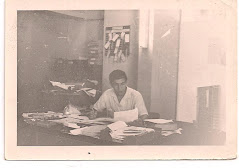
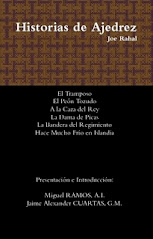


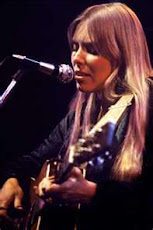
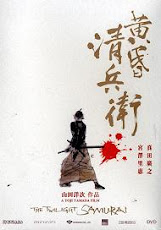


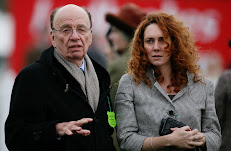

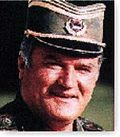
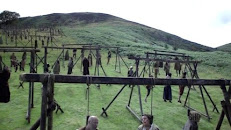

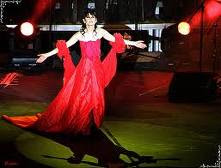
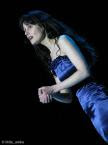


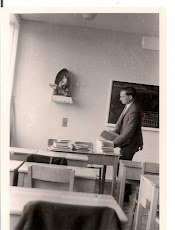
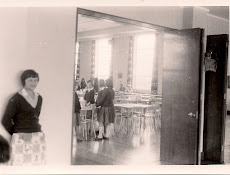

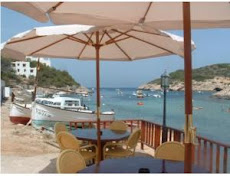
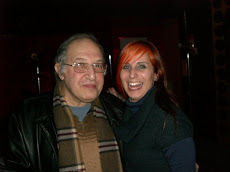
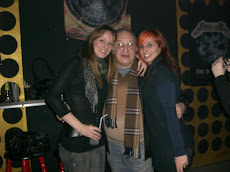

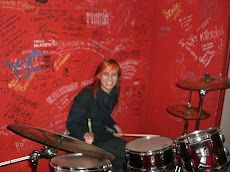

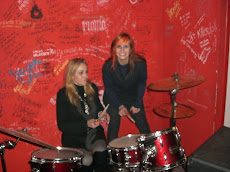

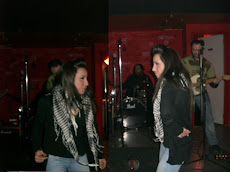
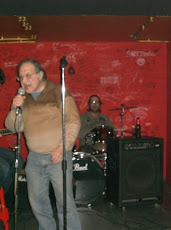



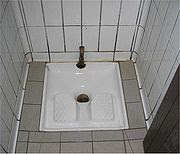





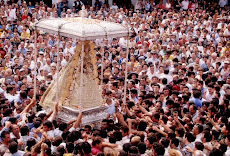%5B1%5D.jpg)

